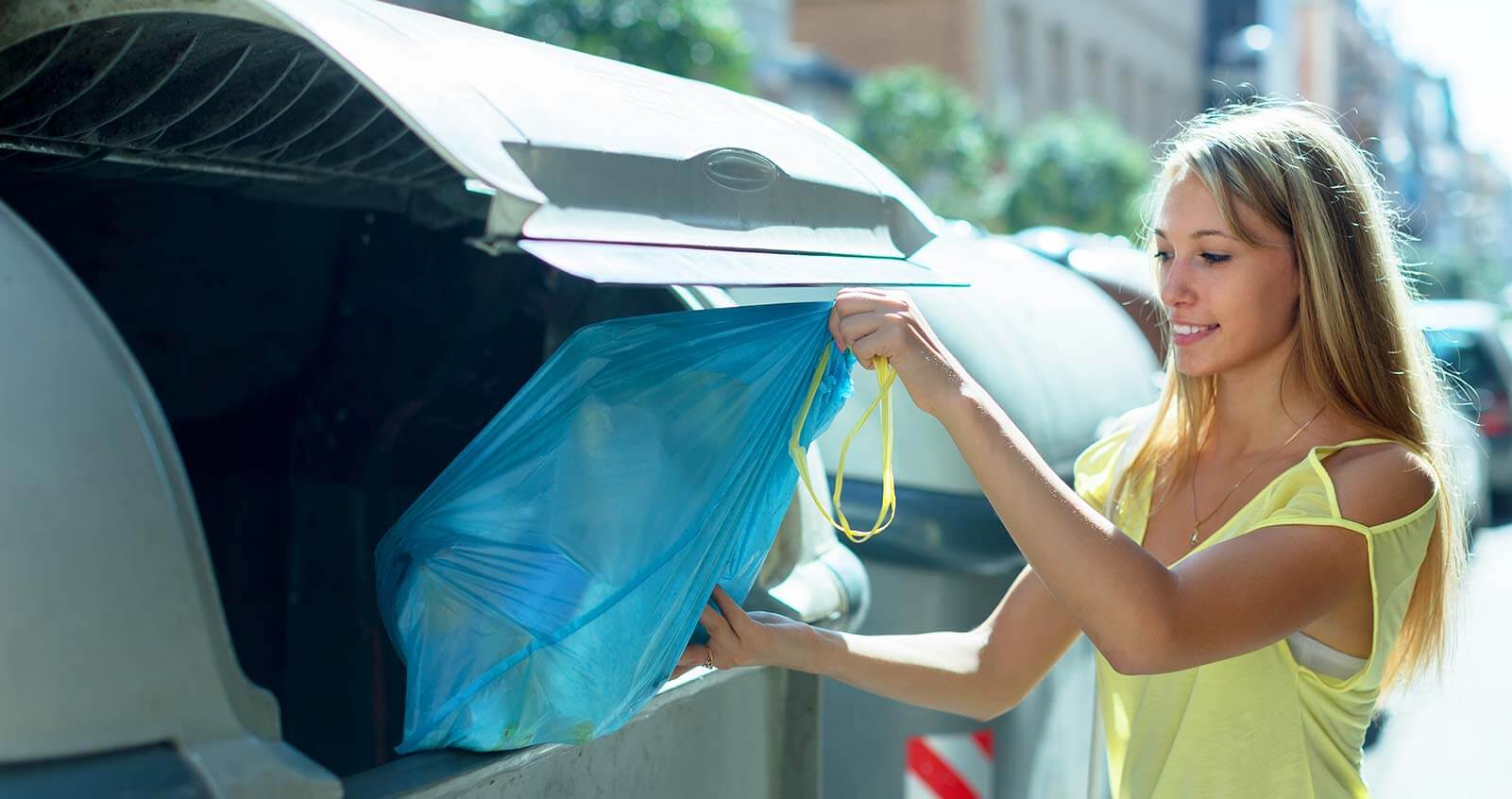Fly-Tipping: The Public's Concern
Posted on 01/01/2025
Fly-tipping, the illegal disposal of waste, has become an escalating issue that significantly affects our communities and environment. This alarming trend poses a severe threat to public health, safety, and the aesthetic quality of our surroundings. Understanding the causes, consequences, and solutions to fly-tipping is essential for both public awareness and effective policy-making.
What is Fly-Tipping?
Fly-tipping involves the illegal dumping of waste, ranging from household rubbish to hazardous materials, in non-designated areas such as roadside verges, public parks, and private properties. This unethical practice is not only illegal but also hazardous, causing numerous problems for local communities and authorities tasked with the clean-up.

The Extent of the Problem
The scale of fly-tipping incidents varies globally and is often influenced by factors such as population density, local regulations, and the availability of waste disposal facilities. In the UK alone, councils dealt with nearly one million fly-tipping incidents in 2020-2021, costing taxpayers millions of pounds. This trend shows no signs of abating, necessitating urgent action.
Causes of Fly-Tipping
Several factors contribute to the rise in fly-tipping:
- Economic Reasons: Disposal fees for certain types of waste can be prohibitively expensive, tempting individuals and businesses to dispose of waste illegally.
- Lack of Awareness: Many people are not fully aware of the environmental and legal implications of fly-tipping.
- Inadequate Facilities: Limited availability of local recycling and waste disposal facilities often leads to illegal dumping.
- Convenience: The ease and quickness of dumping waste illegally can be an enticing option for those looking to avoid the hassle of proper disposal.
Consequences of Fly-Tipping
Fly-tipping yields several adverse outcomes that stretch beyond mere aesthetic degradation:
- Environmental Damage: Hazardous and non-biodegradable materials pollute land, waterways, and ecosystems.
- Health Risks: Decomposing waste can harbor pests, bacteria, and viruses, posing severe health risks to the public.
- Economic Impact: The significant cost of cleaning up fly-tipped sites diverts funds from other essential services.
- Crime Association: Areas known for fly-tipping tend to attract other anti-social behaviors and criminal activities.
How to Prevent Fly-Tipping
Community and governmental efforts can significantly reduce instances of fly-tipping:
- Educational Programs: Raising public awareness about the dangers and legal consequences of fly-tipping can discourage illegal dumping.
- Accessible Disposal Facilities: Increasing the number and accessibility of waste disposal and recycling centers can remove the temptation to fly-tip.
- Stricter Penalties: Imposing harsher penalties on those caught fly-tipping can act as a deterrent.
- Community Involvement: Encouraging community surveillance and reporting of fly-tipping can aid in quick identification and remediation.
- Use of Technology: Employing the use of CCTV and other monitoring tools in hotspots can help catch offenders in the act.
Pros and Cons of Tackling Fly-Tipping
Pros:
- Cleaner Environment: Reducing fly-tipping improves the quality of local surroundings and enhances community well-being.
- Health Benefits: Lower risks of diseases and infestations connected to improperly disposed waste.
- Economic Savings: Funds can be redirected to more essential services rather than continuous clean-up efforts.
Cons:
- High Costs: Implementing effective measures for waste disposal and monitoring can be expensive.
- Resource Intensive: Requires significant manpower and community involvement.
- Resistance to Change: Shift in public behavior and attitudes towards waste disposal may take time.
Practical Tips for Individuals
- Make use of local waste disposal and recycling centers.
- Avoid activities that generate excessive waste, and opt for reusable materials.
- Report fly-tipping incidents to local authorities promptly.
- Participate in community clean-up events.

Key Takeaways
- Fly-tipping poses a serious threat to the environment, public health, and community safety.
- It is driven by economic factors, lack of awareness, and inadequate disposal facilities.
- Preventing fly-tipping requires a multifaceted approach involving education, accessible facilities, stricter penalties, and community action.
Conclusion
Fly-tipping remains a pressing public concern that necessitates immediate and sustained intervention. By understanding its causes, consequences, and implementing effective preventive measures, we can combat this illegal activity. Collective effort from both the community and authorities is crucial for ensuring cleaner, safer, and more pleasant environments for everyone.





